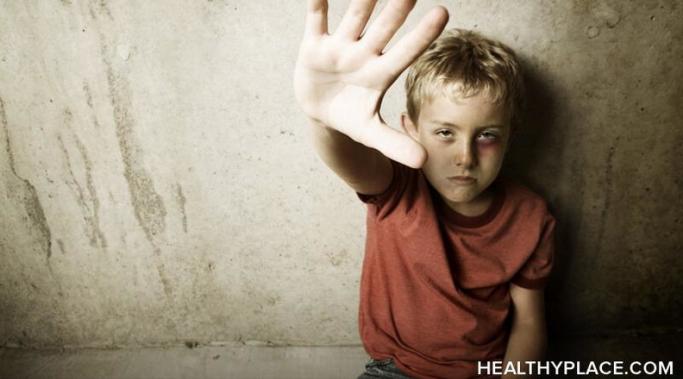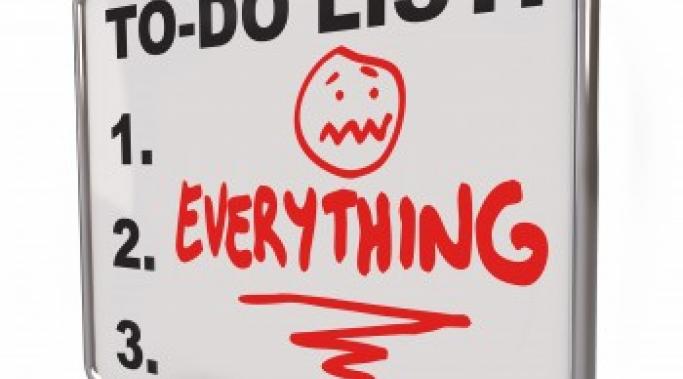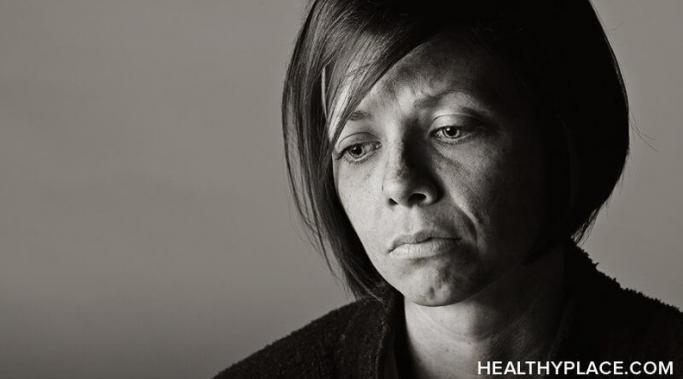Blogs
Talking to children about addiction and recovery may put recovering parents in a tough spot. Parents in early addiction recovery often struggle with explaining their drug or alcohol addiction to their children. Depending on their ages, some details of addiction are too graphic or complicated for children to understand. It’s important for the recovering parent to carefully consider the needs of the child. However, the parent's need for privacy during such a challenging and tumultuous process must be respected, too. Here are some suggestions to navigate talking to your kids about addiction and recovery.
There is a struggle for many with mental health in their 20s. Some say your 20s are the best years of your life. Being young definitely has its advantages, and a lot of people wish they could stop time and stay young forever. It is great not having to worry about wrinkles, and knowing that your physical body is in its prime condition. But why do so many people in their 20s struggle with mental health issues? When young people are supposed to be fit, driven, and with their whole lives ahead of them, why are so many unhappy and suffering with issues such as depression, anxiety and panic?
Social anxiety, jumping to conclusions, and peace of mind: which one of the phrases doesn't seem to fit with the others? In this particular set of words, three's a crowd, and it seems that peace of mind doesn't fit. Social anxiety and jumping to conclusions often go hand-in-hand, each make the other worse until a person's brain is chaotic and swirling with anxious thoughts, fears, and worries. No wonder peace of mind doesn't naturally fit. There's no room. When jumping to conclusions is removed, there's plenty of room for peace of mind even when social anxiety remains.
Forming relationships with alters in dissociative identity disorder (DID) isn't much different from forming social relationships. For example, we have close relationships and distant relationships, relationships built on open communication and relationships that seem to be closed off. Those same complexities exist in the relationships people with DID have with their alters.
Those of us with DID work diligently in forming relationships with our alters. Understanding these relationships can eventually lead to better self-understanding and self-awareness, and can make managing life with DID a little easier.
My schizophrenia (or, more accurately, schizoaffective disorder) revealed itself to me in the form of a psychotic episode around this time of year. It happened 17 years ago, when I was a sophomore at the Rhode Island School of Design. Having your first schizophrenic or schizoaffective psychotic episode in college is pretty typical. But if it happened so long ago, why does it still matter?
It’s important to stop quitting the things you enjoy just because you're not confident. If you’re like many people, you may be depriving yourself of things you enjoy simply because you’re not good at them or feel inadequate. Perhaps you don’t try something because you’re afraid of exposing your weaknesses or imperfections, you fear making mistakes or you fear failure. Perhaps you compare yourself to others or worry too much about what others think. You might feel vulnerable and that can be very uncomfortable. However, doing things for the sake of enjoyment is important for your self-esteem, mental health and overall wellbeing. Stop quitting the things you enjoy just because you're not confident.
I have received enormous benefit to my PTSD recovery from the use of inner child exercises. Inner child exercises help heal the wounded child who lived for so many years within my body. It was that damaged child who suffered the abuse that led to my posttraumatic stress disorder (PTSD).
When I was first presented the concept of inner child work, I thought it sounded silly. But in a time of great desperation, I tried it, with the most remarkable results. My PTSD recovery is greatly benefitted by using inner child exercises. Here's how they work.
Is sexual abuse an epidemic? Recently, I was in my church's library and I found a copy of Sexual Abuse In Christian Homes and Churches by Carolyn Holderread Heggen, a Christian counselor specializing in sexual abuse recovery (Books on Sexual Abuse, etc.) She claims that sexual abuse is an epidemic.
It's important to learn how to avoid feeling overwhelmed in addiction recovery. (Overwhelmed by Stress and Anxiety? How to Deal with It). Feeling overwhelmed was one of my major triggers while in my addiction. Whether I felt overwhelming sadness, fear, or worry, these feelings were often a trigger for addictive behavior. Feeling overwhelmed is an almost universal addiction trigger; here's how to avoid feeling overwhelmed and stop triggering your addiction.
One of the tragedies of narcissistic abuse is that victims never get the validation so desperately wanted from their abuser(s), to help them recover from narcissistic abuse.








